U.S. President Donald Trump and British Prime Minister Keir Starmer announced on Thursday a limited bilateral trade agreement that leaves in place Trump’s 10% tariffs on British exports, modestly expands agricultural access for both countries, and lowers prohibitive U.S. duties on British car exports.
The “general terms” agreement is the first of dozens of tariff-lowering deals that Trump expects to land in coming weeks after upending the global trading system with steep new import taxes to shrink a $1.2 trillion U.S. goods trade deficit. Although seen as a breakthrough and hailed as “historic” by Starmer, the deal is still expected to be finalized in the upcoming weeks.
Trump lauded the deal in the Oval Office, having Starmer patched in on a speaker phone, as U.S. Treasury Secretary Scott Bessent and top trade negotiator Jamieson Greer head to Switzerland to launch negotiations with Chinese negotiators.
He pushed back against seeing the U.K. deal as a template for other negotiations, saying that Britain “made a good deal” and that many other trading partners may end up with much higher final tariffs because of their large U.S. trade surpluses.
In April, Trump imposed reciprocal duties of up to 50% on goods from 57 trading partners, including the European Union, pausing them days later to allow time for negotiations until July 9.
He has also heaped new 25% tariffs on auto imports, ended all exemptions on steel and aluminum duties and announced new tariff probes on pharmaceuticals, copper, lumber and semiconductors. This week, he added movies to the list.
“It opens up a tremendous market for us,” Trump told reporters, noting that he had not fully understood the restrictions facing American firms doing business in Britain.
“This is a really fantastic, historic day,” Starmer said, noting that the announcement came nearly at the same hour 80 years ago when World War II ended in Europe. “This is going to boost trade between and across our countries, it’s going to not only protect jobs, but create jobs, opening market access.”
Here is what is known about the new trade deal for goods:
‘Increased market access’
The 10% “baseline” tariff imposed on most U.S. trading partners in early April remains in effect for most goods, with the largest reductions in trade barriers coming on items recently subjected to new sector-specific tariffs of 25%.
The new deal includes “billions of dollars of increased market access for American exports,” Trump said during the Oval Office announcement, which was attended by Peter Mandelson, the British ambassador to the U.S.
The agreement will bring an additional $6 billion to the Treasury Department’s coffers from new tariff revenue, the White House said in a statement.
The deal will be closely scrutinized ahead of the Trump administration’s self-imposed July deadline for talks, with some nations facing a far higher rate of tariffs if no deal is struck.
“This was the lowest hanging fruit available to the administration,” Josh Lipsky, chair of international economics at the Atlantic Council, told Agence France-Presse (AFP).
“It sends the message that negotiations are going to be complicated going forward, because the U.K. situation is unique in many ways and will be hard to replicate for other countries,” he added.
Boost for British auto sector
The British automotive industry is a clear winner.
The sector, which employs a quarter of a million people in the U.K., faced 27.5% tariffs before this announcement, according to Prime Minister Keir Starmer’s office.
Under the deal announced Thursday, car export tariffs will be slashed to 10% on the first 100,000 cars shipped from Britain to the U.S., with any additional exports taxed at 25%.
The 100,000 figure is “almost the total” that the U.K. exported to the U.S. last year, the British prime minister’s office said.
Steel, aluminum
Another key development in the deal is the agreement from the U.S. to eliminate its recently imposed levies of 25% on U.K.-made steel and aluminum, according to the British government.
The new agreement “furthers shared national security interests, creating a new union for steel and aluminum,” the U.S. Commerce Department said, without confirming the 0% tariff rate.
The White House did not immediately respond to a request to comment on eliminating all steel and aluminum tariffs.
Agriculture
Trump said the new agreement would create a new $5 billion “opportunity” for U.S. farmers, ranchers and producers, including $700 million in ethanol exports, and $250 million in other agricultural exports, including beef.
Agricultural exports from the U.S. have long been a key sticking point in trade negotiations, with British farmers – and consumers – voicing concerns about chlorine-washed chicken, and hormone-treated beef from the U.S.
The two countries have agreed to “new reciprocal market access for beef – with U.K. farmers given a tariff-free quota for 13,000 metric tons,” according to the British prime minister’s office.
The agreement will “exponentially increase our beef exports,” U.S. Agriculture Secretary Brooke Rollins told reporters.
Despite the new and expanded U.S. access to British markets, “there will be no weakening of U.K. food standards,” Downing Street said.
What is excluded?
Trump’s threats to impose pharmaceutical tariffs have not been covered by this arrangement, other than a commitment from the White House to create “a secure supply chain for pharmaceutical products.”
“I think that it tells people that in terms of negotiation, what’s on the table is what is actually implemented, not what’s being threatened,” said Lipsky from the Atlantic Council.
Another key area not covered by the agreement is digital services, with the White House keen to tackle a recent digital services tax imposed by Britain on U.S. tech giants like Google and Meta.
“Instead, the two nations have agreed to work on a digital trade deal that will strip back paperwork for British firms trying to export to the U.S.,” Downing Street said.
“The ‘full and comprehensive’ trade deal between the U.S. and the U.K. announced in a rush today by President Donald Trump and Prime Minister Keir Starmer is no such thing,” Capital Economics Chief North America economist Paul Ashworth wrote in a note to clients.
“As Trump admitted in his press conference, the ‘final details’ still need to be ‘written up in the coming weeks.'”

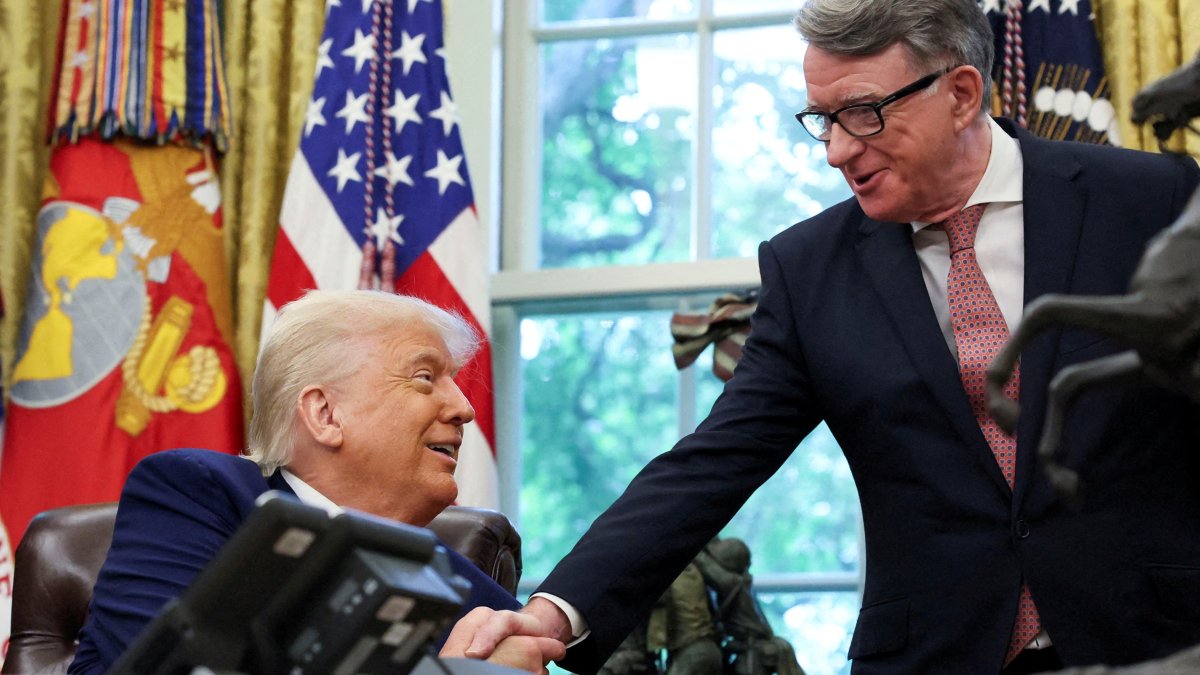



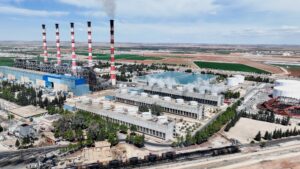
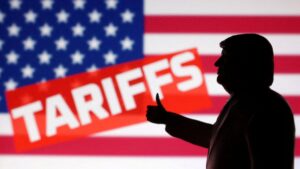












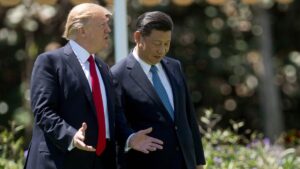
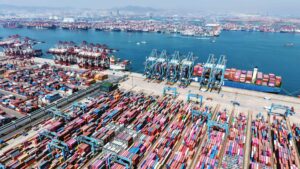
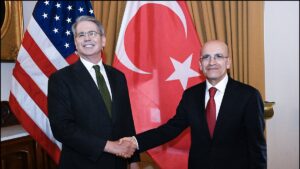
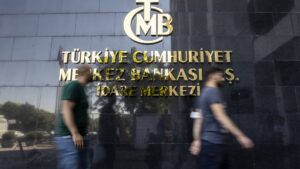


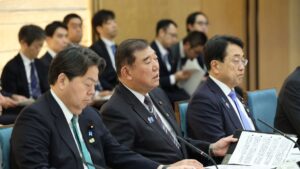
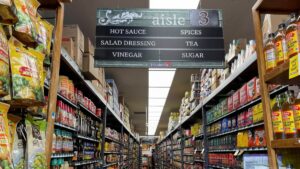


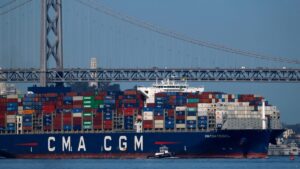

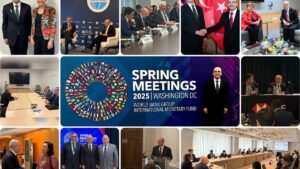














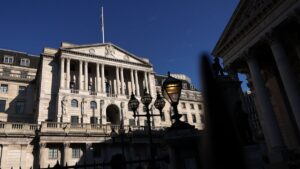
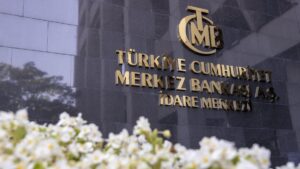




Be First to Comment